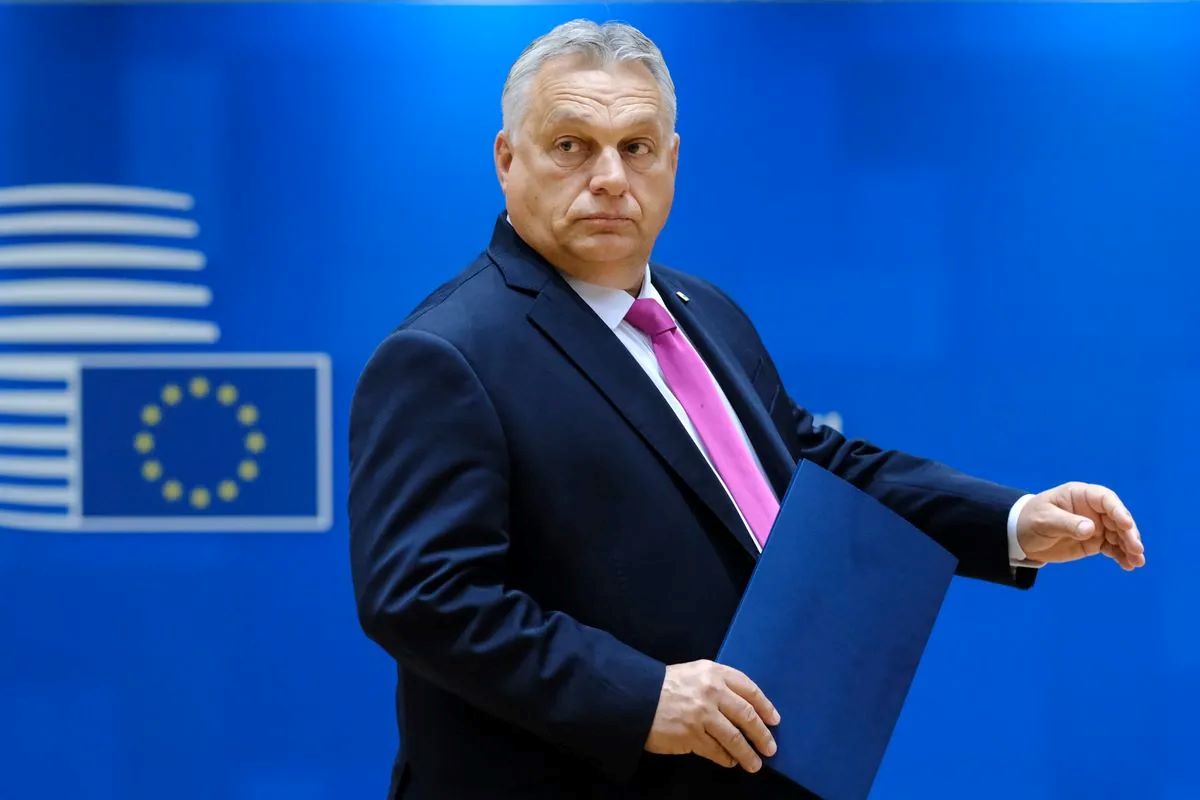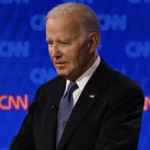From July until the end of the year, Hungary holds the Presidency of the Council of the EU. The beginning of its presidency was marked by Hungarian Prime Minister Viktor Orban’s so-called “peace mission.” Within the EU, concerns are growing about the role that Orban assigns to himself in this mission, as he represents only his own country.
Those who supported
EU leaders criticized Viktor Orban for his unexpected visit to Moscow. However, he received support from his friend, Slovak Prime Minister Robert Fico, who spoke publicly for the first time since the attempt on his life. “I admire Orban for his bravery to visit Kyiv and Moscow. If my health allowed, I would join him,” Fico said.
The Hungarian side insists that it did not violate any international rules and EU laws during this visit. However, according to the Financial Times, violations did occur. Specifically, Hungary violated:
- EU agreements prohibiting any actions that could jeopardize the Union’s objectives.
- There is also a rule in the EU that calls on member states to act in external policy matters “in a spirit of loyalty and mutual solidarity.”
Some EU countries have already begun boycotting Hungary’s presidency of the Council of the EU. For example, not all countries are sending their ministers to informal meetings in Budapest. At the meeting of industry ministers on July 9, only seven ministers were present, and EU Commissioner for the Internal Market Thierry Breton completely ignored the event.
Hungarian Minister for EU Affairs Janos Boka rejected such boycotts, stating that even under such circumstances, there was a “significant discussion.” “We have received no instructions from any member state that political considerations would affect their level of representation at informal meetings,” Boka noted.
The situation worsens
After Orban’s visit to Moscow, President of the European Commission Ursula von der Leyen may cancel the traditional trip to the presiding country. It is currently unknown whether Orban will be allowed to speak at the first plenary session of the European Parliament with a presentation of Hungary’s priorities as the presiding country of the EU.
According to the Financial Times, discussions have already begun in the EU about the possibility of depriving Hungary of its presidency in the EU Council. These discussions are taking place among a small group of countries. The head of the liberal group in the European Parliament Renew Europe, Valerie Hayer, called for ending Hungary’s presidency and transferring it to Poland. However, Janos Boka stated that he is unaware of any such official initiatives in the EU Council or the Committee of Permanent Representatives.
Real Threat
Roland Freudenstein, former president of the analytical center GLOBSEC, called this idea interesting but unrealistic. He explained that depriving Hungary of its presidency requires the consent of a qualified majority, and many small member countries fear that a similar precedent could be applied to them in the future.
Armida van Rij, an analyst at the Royal Institute of International Relations Chatham House, believes that the most effective tool for fighting against Orban from the EU side remains withholding funds from European funds. Brussels still retains nearly 12 billion euros from cohesion funds and most of Hungary’s recovery plan worth 10.4 billion euros.
It is worth noting that this situation has arisen in less than a month, with five months of Hungary’s presidency in the EU Council ahead. Either a compromise will be reached and Orban will be tamed during this time, or an urgent decision will have to be made, leading to a new crisis in Europe. But it is important to be realistic: either of these options will bring new challenges and do not promise an improvement in the overall situation.
Read the first part of the series “Will Hungary’s presidency in the EU Council be boycotted?” here:
Read the second part of the series “Will Hungary boycott the EU presidency? Part two” here:
Read the third part of the series “Will Hungary boycott the EU presidency? Part three” here:


